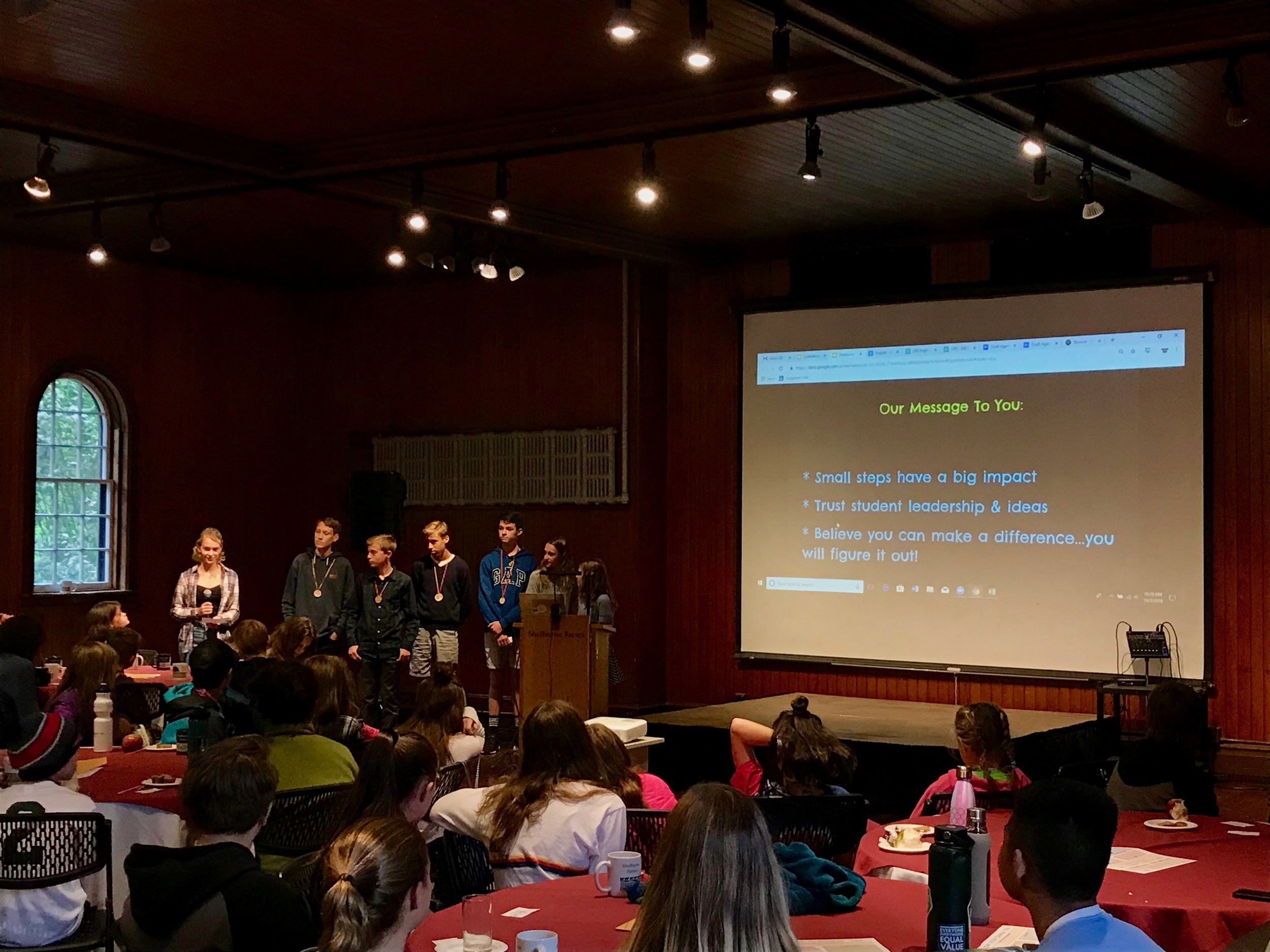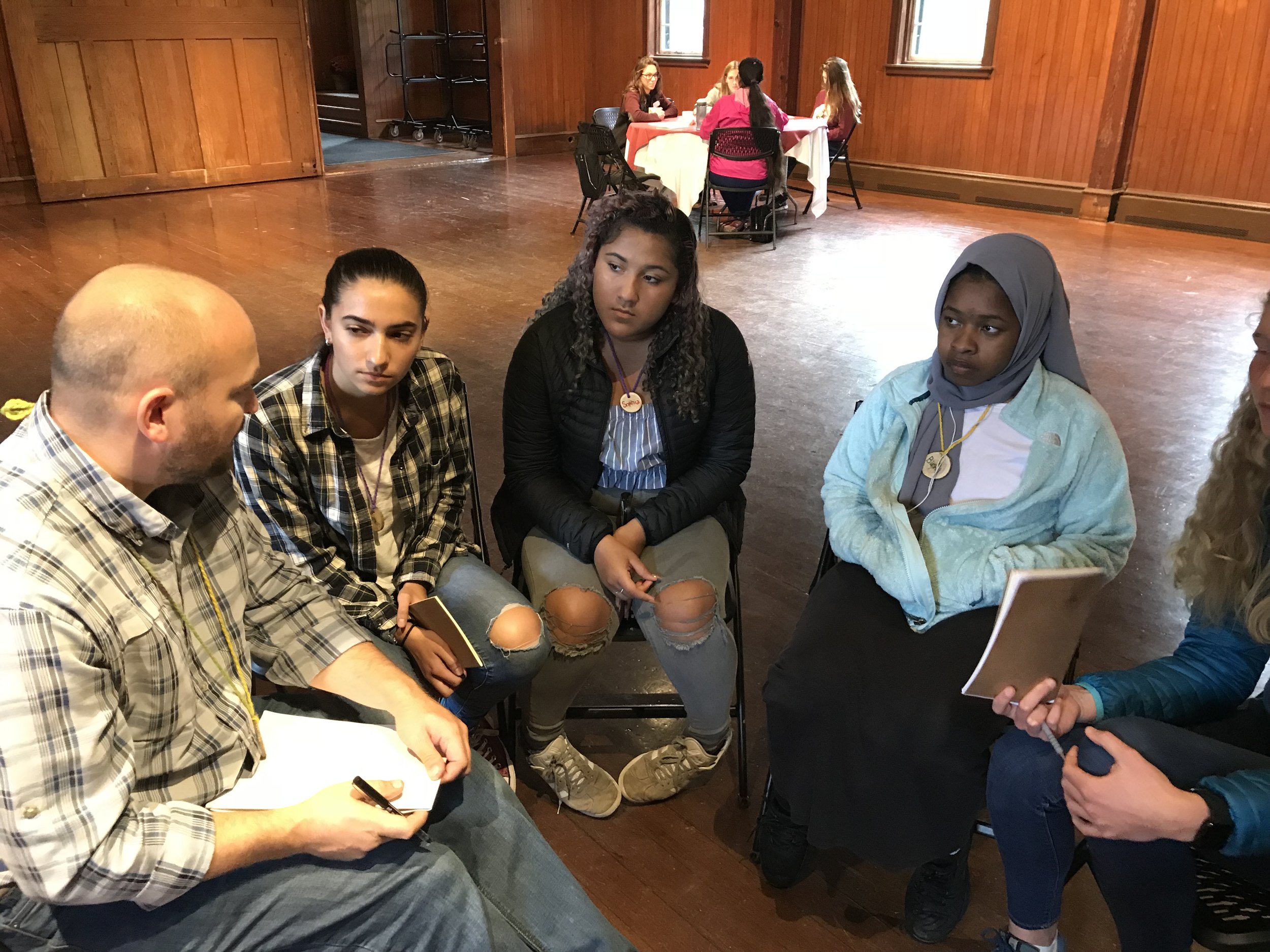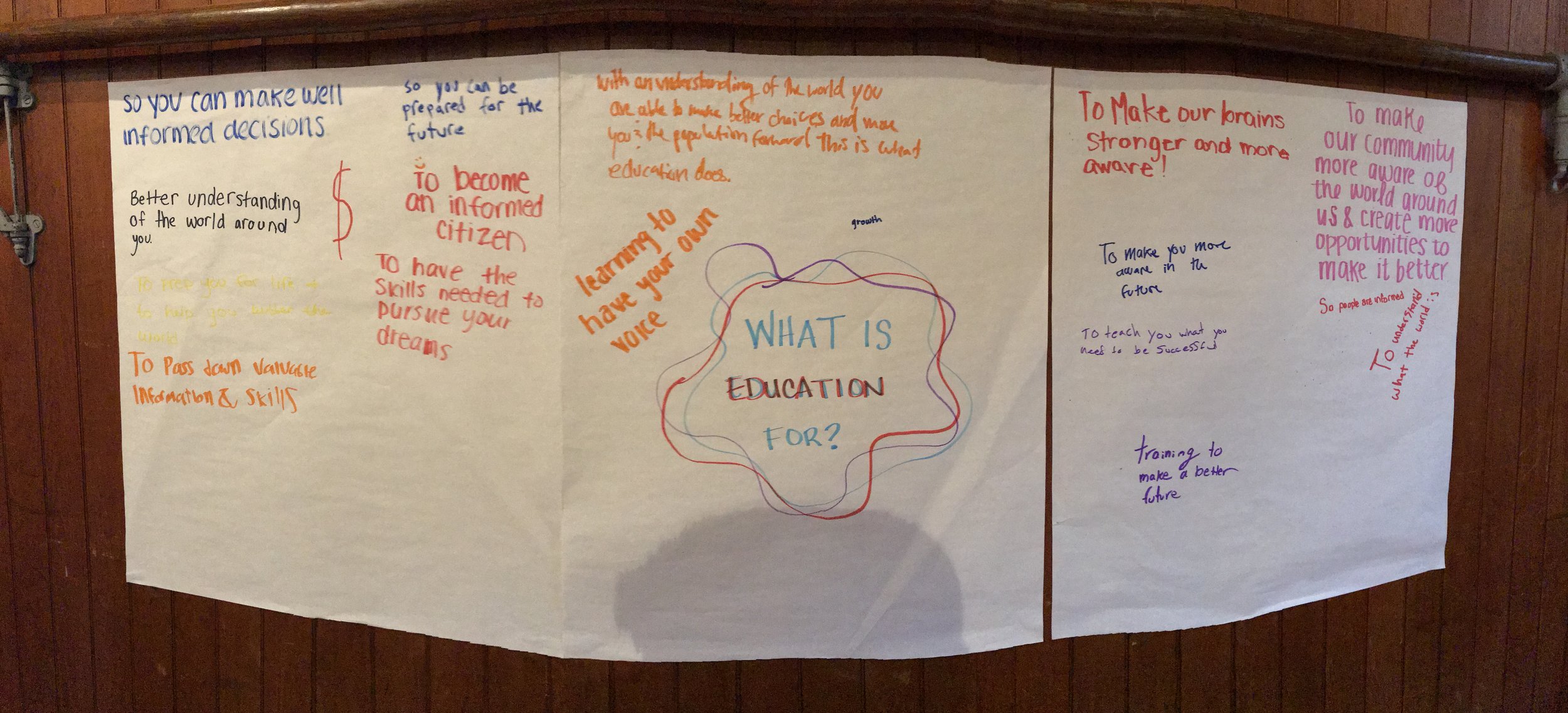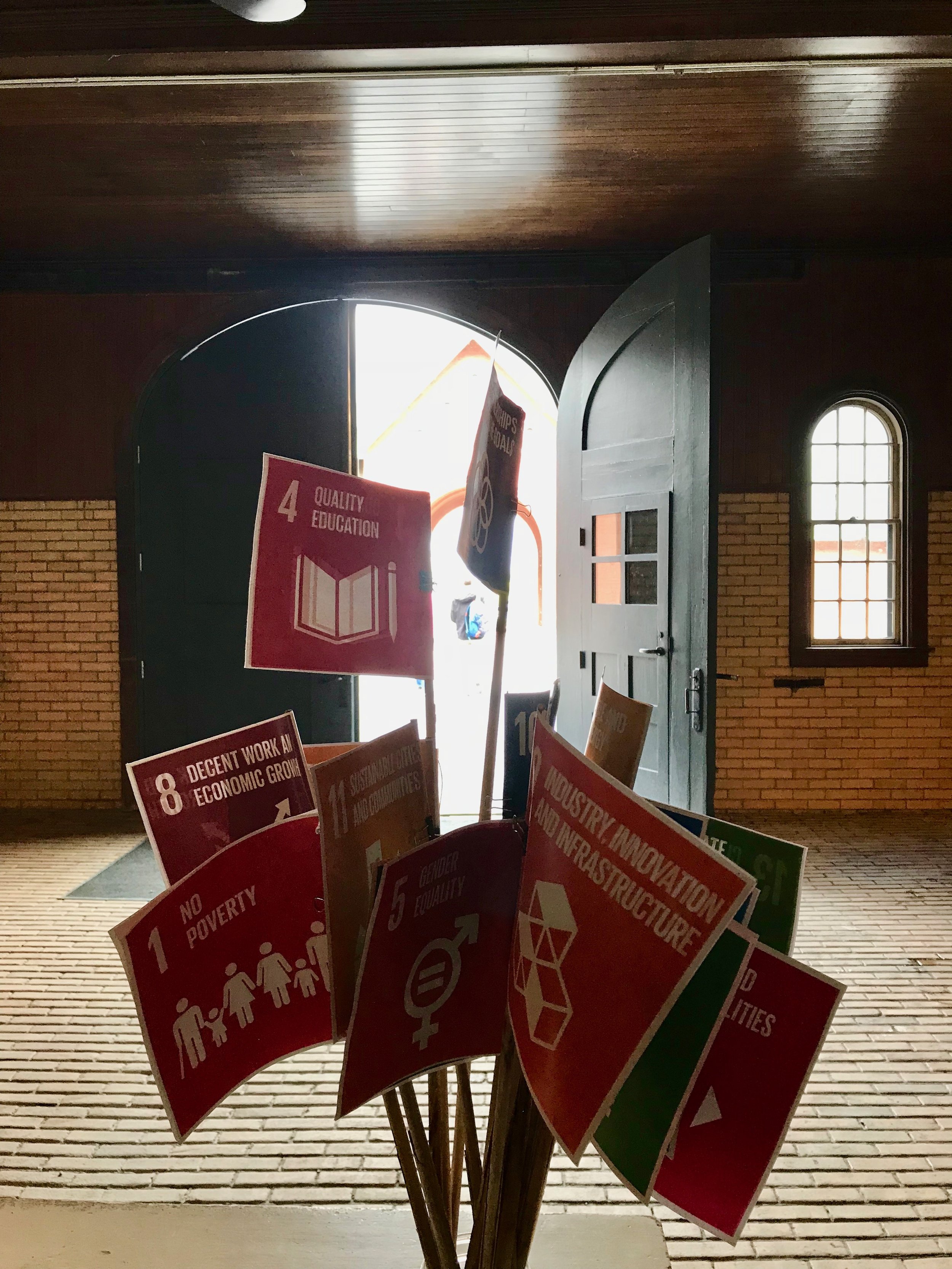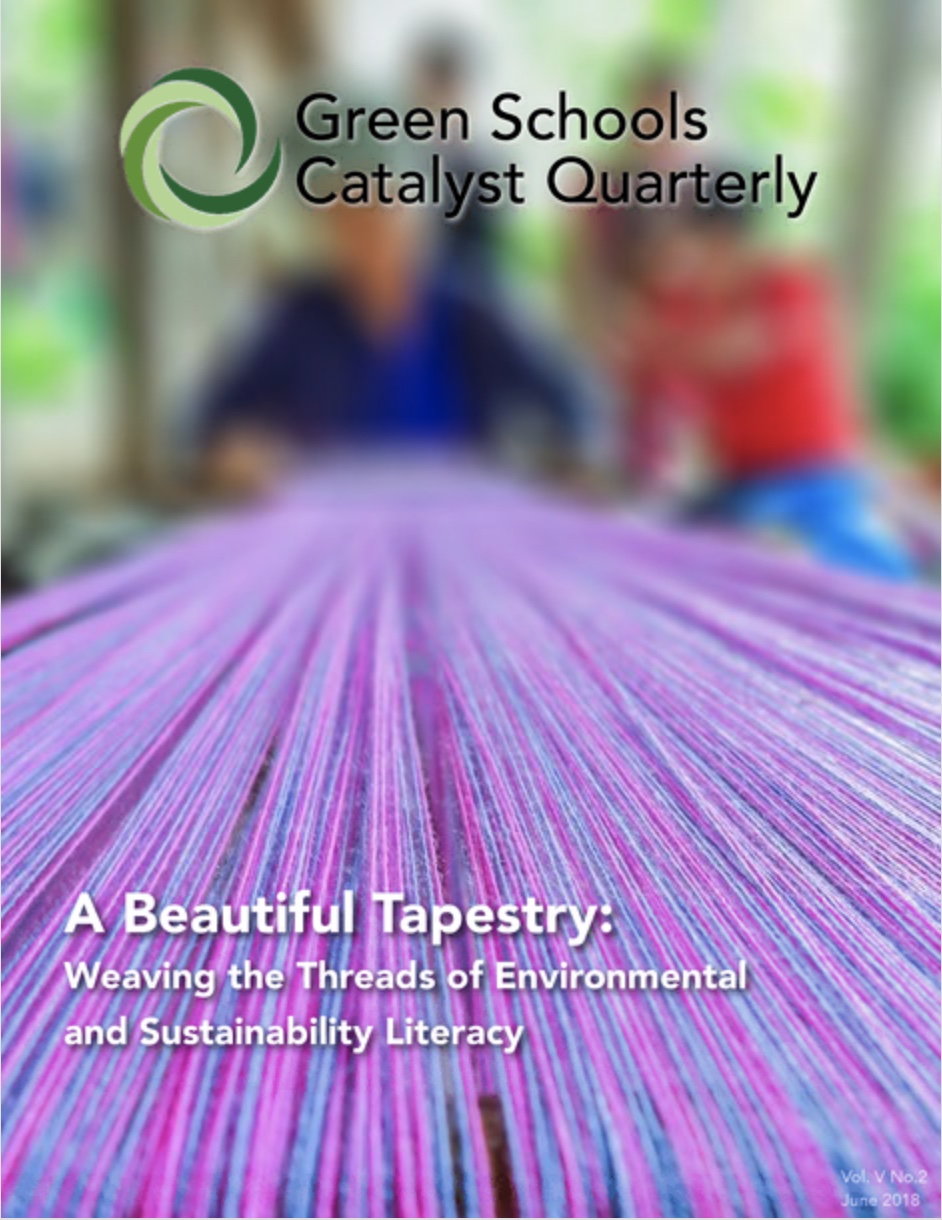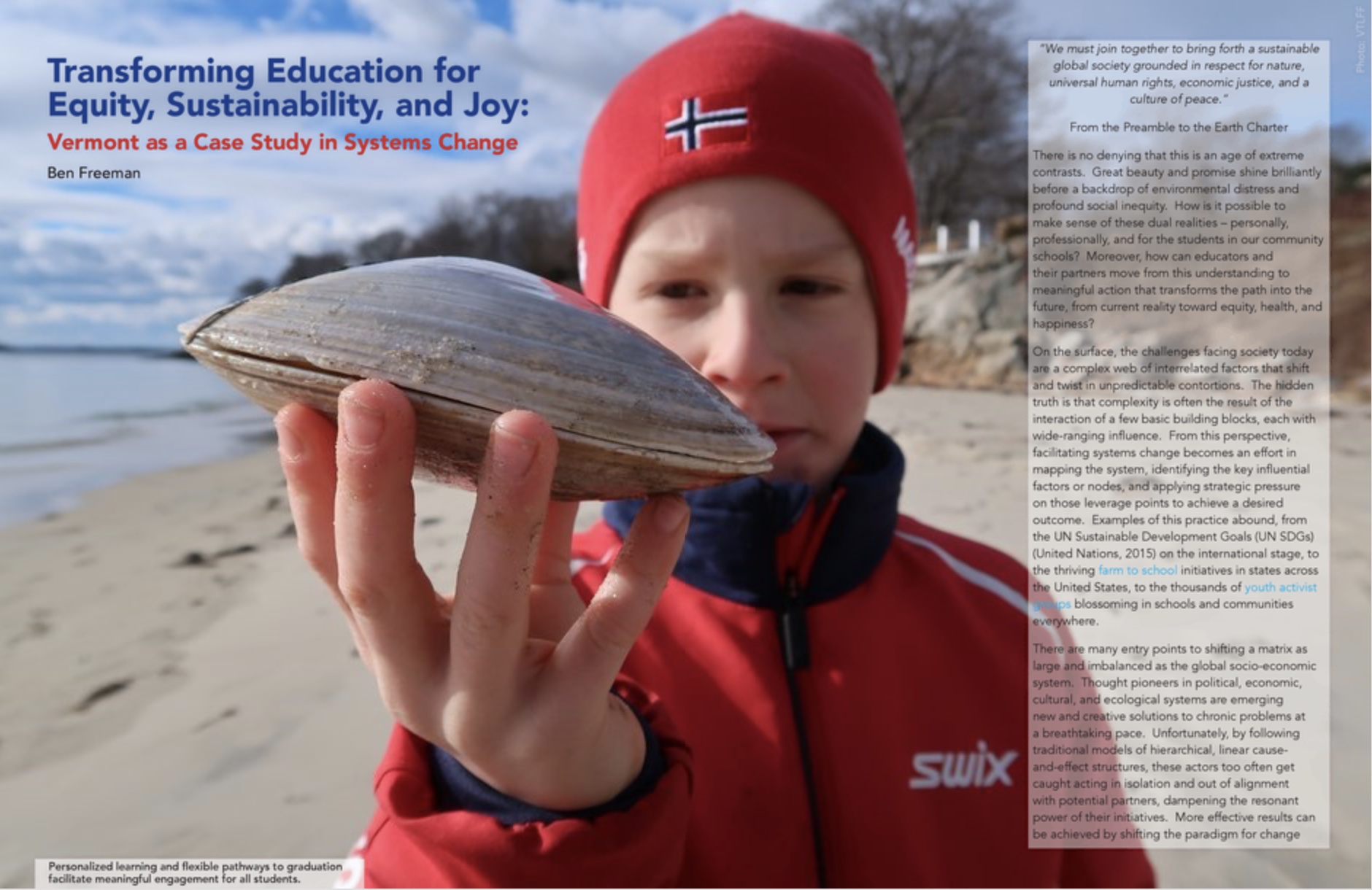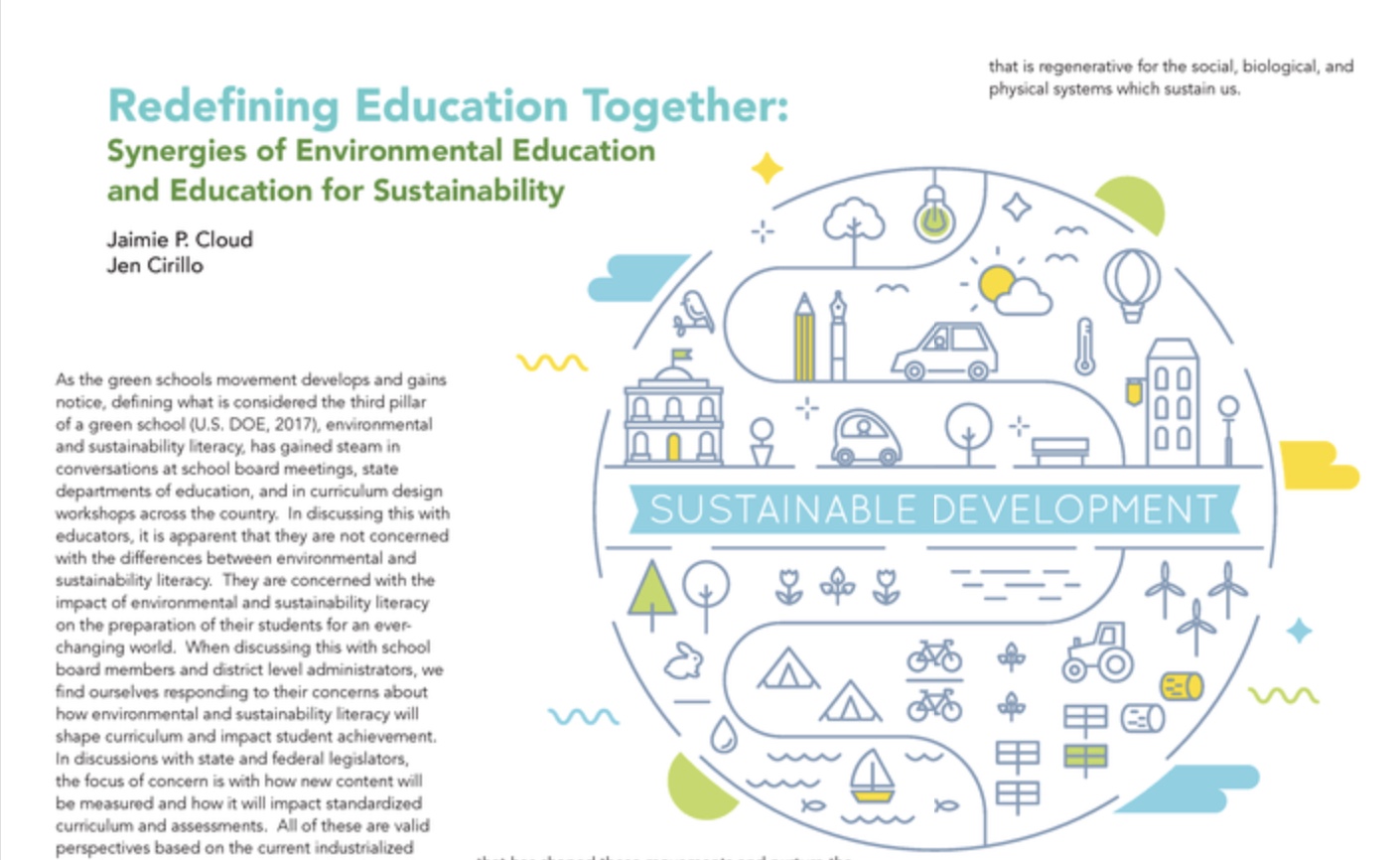Voices for Vermont’s Children has just released their 2019 Legislative report on Education Policy, highlighting work by the Coalition for Ethnic and Social Equity in Schools and other partners in education equity. Read on to learn more and see how you can stay involved (or get more involved!) in education policy in Vermont!
From Voices for Vermont’s Children:
We're at the halfway point of the 2019-20 legislative biennium, after a session marked by both exciting advances for kids and deep frustration around a lack of progress on key family support bills. This is our third update on key legislative actions, focused on education policy initiatives. Don't want to wait? You can download the full report about the status of Voices' legislative agenda on our website.
Invest in Afterschool Programs
An extensive report from the Expanded Learning Opportunities (ELO) Working Group under Vermont’s PreK-16 Council has shown that $2.5 million per year is needed to make sure every family and student who needs afterschool and summer learning can have access to these programs. We support Vermont Afterschool’s recommendation that the State make a strong investment in afterschool programs to:
support the learning, emotional and social needs of children and youth; and
address the systemic inequities that limit access to afterschool and summer learning programs for low-income children, youth, and families.
Status: Progress
The Advisory Council on Child Poverty and Strengthening Families included in its 2018 report to the legislature a recommendation to increase investments in afterschool and summer programs to expand high quality programs and increase statewide access.During the session Vermont Afterschool provided an array of opportunities for policymakers and stakeholders to learn about afterschool and summer learning. They included:
Holly Morehouse’s testimony before house and senate education committees that included information about the VT9TO26 Coalition and Vermont afterschool;
A learning exchange with Dr. Hasse Siurala, an experienced youth researcher and European expert in youth policy. Dr. Siurala testified about youth development as early prevention before house and senate education committees; and
Vermont Afterschool’s day in the legislature that featured afterschool youth ambassadors from across the state.
Education Funding: Eliminate the Property Tax on Primary Residences and Base School Taxes on Income
Voices will support a proposal to make the school funding system fairer and less complicated. While Vermont’s current funding system is the most progressive in the country, it still favors upper-income Vermonters who pay their education taxes based on property value thus allowing them to pay a smaller share of their income in school taxes than low- and moderate-income taxpayers. Eliminating the property tax on primary residences makes the school tax system less regressive and simpler. First, it would be based on each taxpayer’s ability to pay; and second, it would go from two systems - one for higher-income people and one for low- and middle-income people - to one system for everyone (see Public Asset’s fact sheet for details).
Status: Progress
The Senate Committee on Education heard testimony from Public Assets Institute about the benefits of Act 60/68 (Vermont’s education funding law) and how its progressivity can be improved by eliminating the school property tax on all primary residences.
What you can do: Stay tuned. We will work with our partners to introduce a bill in 2020 that establishes income-based education taxes for all residents.
Ethnic & Social Equity in Schools
The lack of attention to the histories and contributions of non-dominant racial, ethnic, and social groups in school curriculums contributes to the marginalization of members of these groups, and leads to a standard of miseducation for all students. Including the history and contributions of people from more diverse racial, ethnic, and social identities can enrich students' achievement, positive identity development, and sense of awareness and connectedness to local, national, and global communities.
Voices will support the Vermont Coalition for Ethnic and Social Equity in Schools (VCESES) work to advance legislation that establishes a working group to create inclusive curriculum standards across all subjects, PreK-12.
Status: Success
Early in the session, the legislature unanimously passed H. 3. and Act 1 was signed into law March 29, 2019 (link to video of signing). In summary, Act 1establishes the ethnic and social equity standards advisory working group comprising 20 members that includes two students. A majority of the advisory working group (11) will be appointed by VCESES. The group’s charge is to review and recommend to the State Board of Education standards, across all subjects, prek-12, that “recognize fully the history, contributions, and perspectives of ethnic groups and social groups” outlined in the law.
Members of VCESES worked tirelessly with policymakers and other stakeholders to ensure that a strong bill passed (see examples of testimony) and that it reflected VCESES vision for Vermont schools and students. As Amanda Garces, founder of VCESES, said at the bill signing, “every student deserves to have access to their histories and an education that represents the community they come from… that each one comes from a legacy of thinkers, creators and resisters..”
As a member of the VCESES, Voices is supporting community outreach efforts across the state to engage parents, youth, and educators in learning about Act 1 and together how to design inclusive curriculum for their schools.
What you can do: Thank legislators for their unanimous support and talk with them about why the law matters to you. Become a VCESES partner. Help support VCESES community-driven efforts to work with educators, youth and parents to design inclusive curricula.




